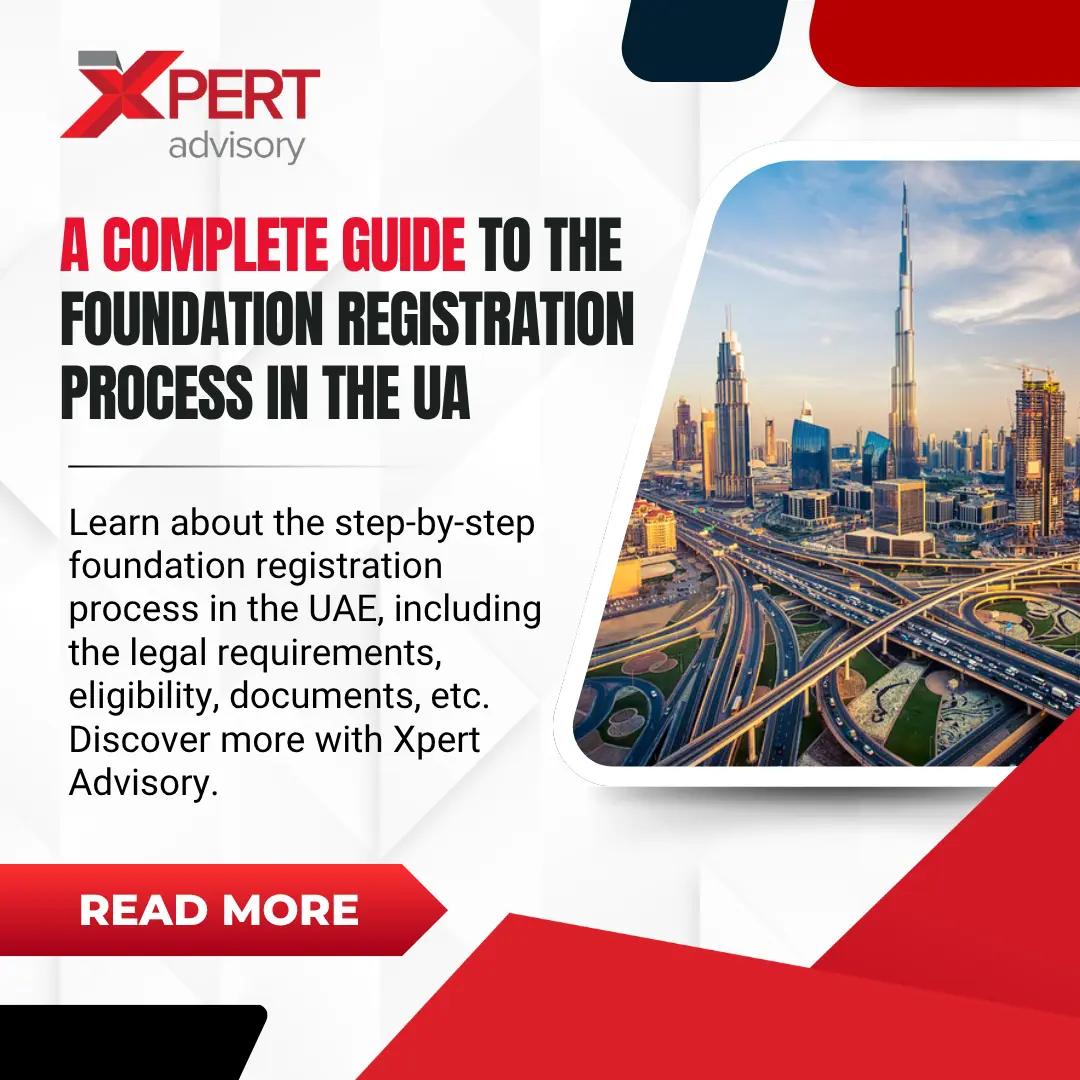Money laundering is a modern financial crime, but its core principles of concealing illicit wealth and integrating it into legitimate transactions have long been addressed in Islamic teachings. Islam strictly bans illegal wealth acquisition and requires followers to follow ethical practices in their financial activities. The Quran and Hadith ban fraudulent deception, bribery and illicit earnings, reinforcing that haram wealth unacceptably illegal regardless of its use. This raises an important question—Is money laundering haram in Islam? This blog provides insights into Islamic rulings on money laundering and the consequences of engaging in such practices.
The Quranic Perspective on Money Laundering

Islam upholds a strong ethical framework for financial transactions, emphasizing honesty, transparency, and justice. The Quran forbids dishonest wealth acquisition methods while establishing the necessity of obtaining money through legal means. Financial corruption, fraud , bribery and other illegal activities are strictly prohibited by several Quranic verses which demonstrate the importance of ethical financial transactions.
1. Prohibition of Unlawful Wealth
“And do not consume one another’s wealth unjustly or send it [in bribery] to the authorities in order that [they might aid] you to [consume] a portion of the wealth of the people in sin, while you know [it is unlawful].” (Surah Al-Baqarah 2:188)
Bribery and fraudulent practices aimed at manipulating regulatory authorities for financial benefits remain illegal under Islamic contract law principles. The Islamic religion forbids earning wealth through
deceptive or corrupt methods because it violates fundamental principles.
2. Trade and Usury
“Allah has permitted trade and has forbidden usury.” (Surah Al-Baqarah 2:275)
Islam differentiates between lawful trade and interest-based transactions. The prohibition against money laundering extends to all illegitimate financial activities that involve interest which Islam calls riba.
3. The Principle of Honest Transactions
“O you who have believed, do not consume one another’s wealth unjustly but only [in lawful] business by mutual consent.” (Surah An-Nisa 4:29)
Financial agreements require mutual agreement between both parties to ensure fair exchanges. The Islamic faith strictly prohibits manipulative practices and deception in all business deals because these methods violate religious principles.
4. Condemnation of Fraud
“Woe to those that deal in fraud, those who, when they have to receive by measure from men, exact full measure, but, when they have to give by measure or weight to men, give less than due. Do they not think that they will be called to account?” (Surah Al-Mutaffifin 83:1-4)
All collaborations with financial transgressions which include suspect activities like bribery or corruption are strictly prohibited. Financial Islam requires thorough adherence to ethical principles which ensure monetary system justice.
5. Prohibition of Bribery and Corruption
“And cooperate in righteousness and piety, but do not cooperate in sin and aggression.” (Surah Al-Ma’idah 5:2)
The practice of collaborating with financial wrongdoings through suspect actions such as bribery and corruption is strictly forbidden. The Islamic approach to finance requires strict adherence to ethical principles that support justice in monetary systems.
6. Wealth as a Test from Allah
“And surely We will test you with a bit of fear and hunger, and loss in wealth and lives and fruits.” (Surah Al-Baqarah 2:155)
Allah gives wealth to people as spiritual trial that determines personal character and integrity. Accumulating it through unlawful means contradicts the principles of responsible earning and spending.
7. Severe Punishment for Corruption
“The only reward of those who make war on Allah and His messenger and strive after corruption in the land will be that they will be killed or crucified, or have their hands and feet on alternate sides cut off, or will be expelled from the land. Such will be their degradation in the world, and in the Hereafter theirs will be an awful doom.” (Surah Al-Ma’idah 5:33)
Financial corruption leads to severe negative effects. The practice of economic injustice through illicit actions leads to worldly disgrace and divine punishment.
The Sunnah on Money Laundering
The teachings of Prophet Muhammad (PBUH) provide additional guidance on ethical finance practices which extends the Quranic regulations concerning wealth accumulation and money laundering prohibitions. Through his hadiths Prophet Muhammad (PBUH) teaches Muslims about the necessity of obtaining legal income and maintaining ethical transactions while warning of serious consequences arising from illegal wealth.
1. Illicit Earnings Are Rejected
“Any activity built from unlawful earnings will be cast into the Fire.” (Sahih Muslim 1/204)
Wealth acquired through illegitimate means, including money laundering, leads to destruction in the Hereafter. Islam mandates that earnings must be pure and lawful to attain true success.
2. The Curse of Usury
“Allah’s Messenger (PBUH) cursed the acceptor of interest, its payer, the one who records it, and the two witnesses, and he said: They are all equal.”(Sahih Muslim 10/3881)
According to Islamic teachings riba (interest) stands as an absolute prohibition because it links to the practice of money laundering. Participation in these transactions by any means results in a complete rejection from Islam.
3. Bribery is Prohibited

“Allah has cursed the one who pays bribes and the one who takes bribes.” (Sunan Abu Dawood 3573)
Bribery plays a significant role in financial corruption and money laundering. Islam strictly prohibits bribery in all forms, ensuring fairness and justice in financial dealings.
4. Unlawful Wealth Brings No Blessings
“Any flesh nourished by Haram shall not enter Paradise.” (Sunan At-Tirmidhi 614)
Wealth obtained unlawfully lacks blessings and leads to ruin. Islam teaches that financial success should be achieved through ethical means, ensuring both worldly and spiritual prosperity.
5. Fraud and Deception Are Forbidden
“When you enter into a transaction, say: There should be no attempt to deceive.” (Sahih Muslim 10/3663)
Financial fraud, a core element of money laundering, contradicts Islamic values. Business and trade should be conducted with honesty, transparency, and fairness.
6. Theft and Unlawful Possession
“It is not permissible for a man to take his brother’s wealth unlawfully.” (Ahmad, Hadith 426)
Islam strictly prohibits obtaining money through criminal acts such as stealing or illegal activities that include fraud and money laundering. Respect for others’ property and fair transactions are
essential principles in Islam.
7. Prophecy of Future Corruption
“A time will come when one will not care how one gains one’s money, legally or illegally.” (Sahih Bukhari 2059)
Islamic teachings predicted the emergence of unethical financial practices which included money laundering. This hadith serves as a warning which emphasizes not
sacrificing moral values when pursuing material possessions.
Specific Islamic Prohibitions Related to Money Laundering
Islam defines several financial crimes linked to money laundering that it considers impermissible.
1. Riba (Usury and Interest)
Riba (interest) stands as an extreme financial crime within Islamic law since it consists of a major transgression in money laundering schemes. The Quran states:
“…they say: Trade is just like usury; whereas Allah permits trading and forbids usury… Allah has blighted usury and made alms-giving fruitful. Allah loves not the impious and guilty.” (Surah Al-Baqarah 2:275-276)
Through his teaching Prophet Muhammad (peace be upon him) firmly denounced riba as unethical. According to Jabir’s report the Messenger of Allah (peace be upon him) said these words:
“Allah curses the one who consumes riba, the one who pays it, the one who records it, and the two witnesses; they are all equal in sin.” (Muslim, 10/3881)
Abdullah ibn Hanzalah narrated that the Prophet (peace be upon him) said:
“A dirham of riba knowingly taken by a man is a sin worse than committing zina (fornication) 36 times.” (Ahmad)
Under Islamic law riba-based deals lead to severe consequences which places them in the category of money laundering enforcement.
2. Bribery (Rashwa)
Bribery is a direct means of injustice and injustice, and strictly prohibited in Islam. The Quran states:
“And eat not up your property among yourselves in vanity, nor seek by it to gain the hearing of the judges that you may knowingly devour a portion of the property of others wrongfully.” (Surah Al-Baqarah 2:188)
The Prophet (peace be upon him) also cursed both parties involved in accepting or offering bribes:
“The Messenger of Allah (peace be upon him) cursed the one who pays bribes and the one who takes bribes.” (Abu Dawud, Hadith No. 3573)
The practice of bribery is unethical and falls under money laundering when illegal financial advantages are used to manipulate regulatory authorities.
3. Usurping Others’ Property
Islam strictly warns against improper acquisition of another person’s possessions. The Quran states:
“And eat up not one another’s property unjustly (in any illegal way, e.g., stealing, robbing, deceiving, etc.), nor give bribery to the rulers (judges before presenting your cases) that you may knowingly eat up a part of the property of others sinfully.” (Surah Al-Baqarah 2:188)
The Prophet (peace be upon him) reinforced this by stating:
“It is not permissible to take the wealth of a Muslim unless he gives it willingly.” (Ahmad, Hadith No. 20172)
Thus, wealth obtained through schemes of fraud or coercion qualifies as money laundering under Islamic law.
4. Fraud and Deception
Fraud and deception stand as major criminal activities in Islam which damage financial systems. The Quran presents clear condemnation against deceitful financial deals.
“It is not for any Prophet to take illegally a part of booty, and whosoever deceives his companions as regards the booty, he shall bring forth on the Day of Resurrection that which he took (illegally).” (Surah Aal-e-Imran 3:161)
Through his words the Prophet (peace be upon him) warned against dishonest business practices:
“Woe to those that deal in fraud, those who, when they have to receive by measure from men, exact full measure, but, when they have to give by measure or weight to men, give less than due.” (Surah Al-Mutaffifin 83:1-4)
Islam considers all deceptive financial activities like misleading business transactions to fall under the category of money laundering.
5. Theft and Robbery
Islam considers theft and robbery as severe offenses which receive such harsh legal
repercussions. The Quran states:
“Cut off the hands of thieves, whether they are man or woman, as punishment for what they have done – a deterrent from Allah: Allah is All-Powerful, All-Wise.” (Surah Al-Ma’idah 5:38)
The legal framework of Islam seeks to stop theft while maintaining fairness across financial deals. Any wealth gained through theft followed by laundering remains haram and therefore unlawful according to Islamic principles.
6. Gambling and Alcohol Trade

The Islamic law classifies gambling profits and money earned through alcohol trade activities as impure sources. The Quran provides explicit prohibitions against these activities:
“O you who believe! Intoxicants (all kinds of alcoholic drinks), gambling, al-ansab and al-azlam (arrows for seeking luck or decision) are an abomination of Satan’s handiwork. So avoid (strictly all) that (abomination) in order that you may be successful.” (Surah Al-Ma’idah 5:90-91)
The Prophet (peace be upon him) declared these activities prohibited by Islamic law:
“Allah and His Messenger have forbidden the sale of alcohol, dead meat, pork, and idols.” (Bukhari; Muslim)
Even indirect profits from gambling and alcohol-related businesses are strictly prohibited by laws and laundering such gains is completely banned.
Islamic Perspective on Laundered Money and Its Proper Handling
Islam forbids the use of money acquired through illegal means no matter how this
stolen money gets invested into a legitimate business venture. Any form of illegal wealth regardless of its concealed or reintegrated state remains unlawful according to Sharia law principles.
But what happens to confiscated money that was originally gained money through unethical activities? Islamic teachings provide clear guidance:
- If the original owner is known: All illegally obtained money must be returned to its rightful owner if the owner can be identified legally. The approach ensures justice by removing any unlawful aspects of financial assets.
- If the owner is unknown: To avoid the misuse of illegal funds, public welfare initiatives should receive unknown unlawful cash especially for the purpose of assisting the needy while building hospitals, schools, and infrastructure.
People holding illicit wealth wishing to repent must restore the stolen funds to their original owners. Those who cannot return stolen wealth must distribute it among charitable programs that benefit society at large. Religious guidelines prohibit dedicating illegal income to Zakat or Sadaqah donations because these charity methods necessitate legitimate earnings. The redirection of stolen funds toward community needs functions as both a cleansing practice and a form of redemption.
Conclusion
Money laundering is unequivocally haram in Islam. Money launderers use deceitful schemes with fake financial transactions and payment manipulations that break Islamic restrictions on dishonest actions. The Islamic framework defines specific rules for keeping finances legal which mandates proper monetary acquisition and proper monetary use. Money acquired unlawfully stays impure no matter how many attempts to legalize it are made. Following the Quranic teachings coupled with Sunnah traditions allows Muslims to avoid financial practices that contradict Islamic guidelines and to promote Ethical economic systems in communities.






